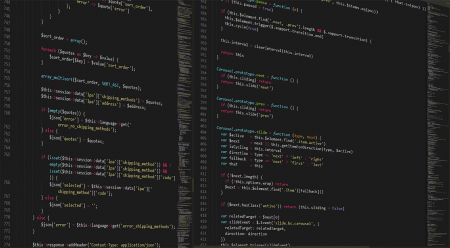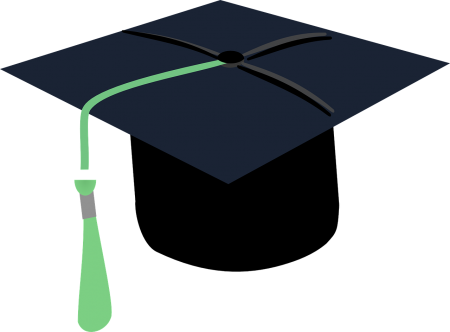The system of education in any country is aimed at developing
The system of education in any country is aimed at developing a personality for the good of the individual and society as a whole.
Pre-school education in England begins at the age of 3 or 4. Around half of the children at this age attend nursery schools or playgroups mostly organised by parents. Children of this age need care as well as education. That's why kids play a lot, learn to listen attentively and to behave.
Compulsory primary education begins at the age of five in England, Wales and Scotland and at four in Northern Ireland. Children start their school career in an in fant school. Lessons start at 9 a.m. and are over at 4 p.m. They are taught 3 R's: Reading wRiting, aRithme-tic. Pupils have a lot of fun at school, drawing, reading, dancing or singing.
When they are 7 pupils move to a junior school, which lasts four years till they are 11. They study a lot of subjects: English, Mathematics, Science, History, Geography along with Technology, Music, Art and Physical education
Most of children (over 90 per cent) go to state schools where education is free. Only a small proportion of them attend private (Public) or independent schools. Parents have to pay for the education at these schools. The fees are high and only some families can afford it. So such schools are for the representatives of the high class of England. The most notable Public schools are Eton, Harrow, Winchester, Rugby.
Secondary education begins at 11. The majority of secondary schools are Comprehensive schools where boys and girls study together. Besides, parents can take their sons and daughters to Grammar schools or Secondary Modem Schools.
Grammar schools provide an academic course from 11 to 18. They prepare pupils for colleges and universities.
Many children of working class families go to Modern schools- They give a very limited education. Pupils get instruction in woodwork, metalwork, sewing, shorthand, typing and cooking. After finishing such a school a pupil becomes an unskilled worker.
The Comprehensive Schools have their own Grammar school classes and Modern classes
Every pupil has to choose a set of subjects to learn. If he takes up Art he will study English Literature, Music, Art, Drama and foreign languages. If he is good at exact and natural sciences, he will learn Science: Mathematics, Physics, Chemistry. Biology. Geography, Economics and Technical Drawing.
The British government encourages careers education in the country. That's why secondary schools try to break down the barriers between education and business. They set up close links with firms to allow their students to take part in business activities.
At around 16 years old teenagers take some exams and coursework to get General Certificate of Education. Those who choose to stay on at school usually study for two further years to pass A level (Advanced level) ex-ms. These exams will give them a chance to enter the niversity.
Ответить на вопросы по тексту.
1) What is a system of education aimed to?
2) When does the pre-school education in England begin in England, Wales and North Ireland?
3) When does the compulsory education begin in England?
4) What are 3R's of the infant school?
5) What are the most famous Public schools in England?
6) What are Grammar and Comprehensive schools?
7) What are Modern schools?
8) Are there compulsory subjects in UK?
9) What exams must be taken to enter the University?
2. Pre-school education in England begins at the age of 3 or 4.
3. Compulsory primary education begins at the age of five in England, Wales and Scotland and at four in Northern Ireland.
4. Children start their school career in an in fant school. Lessons start at 9 a.m. and are over at 4 p.m. They are taught 3 R's: Reading wRiting, aRithme-tic. Pupils have a lot of fun at school, drawing, reading, dancing or singing.
5. The most Public schools in England are Eton, Harrow, Winchester, Rugby.
6. The majority of secondary schools are Comprehensive schools where boys and girls study together. Besides, parents can take their sons and daughters to Grammar schools or Secondary Modem Schools. Grammar schools provide an academic course from 11 to 18. They prepare pupils for colleges and universities.
7. Many children of working class families go to Modern schools. They give a very limited education. Pupils get instruction in woodwork, metalwork, sewing, shorthand, typing and cooking. After finishing such a school a pupil becomes an unskilled worker.
8. No. Every pupil has to choose a set of subjects to learn.
9. At around 16 years old teenagers take some exams and coursework to get General Certificate of Education. Those who choose to stay on at school usually study for two further years to pass A level (Advanced level) ex-ms. These exams will give them a chance to enter the university.
-
Вопросы ответы
Статьи
Информатика
Статьи
Физика.
Математика.
Разные вопросы.
Разные вопросы.
Математика.
Разные вопросы.
Математика.
Физика.
Геометрия.
Разные вопросы.




